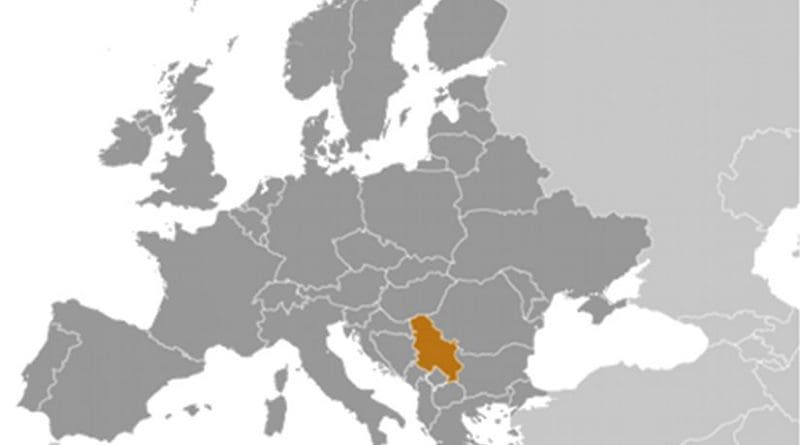Serbia: Small Town Appeals For More Migrants
By Maja Zivanovic
While intolerance towards migrants is rising in many parts of Europe, and in Serbia, this is not the case in the remote Serbian town of Bosilegrad in Serbia, which is asking the Serbian government to send them some.
“Migrants are more than welcome in Bosilegrad. We understand what it means to have problems, and they are wonderful people and we mustn’t close our eyes to their problems,” the Mayor of Bosilegrad, Vladimir Zaharijev, told BIRN.
According to the UN refugee agency, UNHCR, around 8,000 refugees, migrants and asylum-seekers remain in Serbia, many of whom are stuck in temporary accommodation.
While neighbouring countries tighten border controls, and with Hungary manning a barbed-wire fence on the Serbian border, the number of migrants in Serbia has risen and they face rising intolerance.
On the May 17, the authorities moved several hundred migrants from a derelict warehouse where they were living near the main train station in the capital, Belgrade.
A newspaper reported that the expelled refugees were “sprayed with insecticide before forceful eviction”.
After locals in the border town of Sid, near Croatia, petitioned for their removal, complaining that they were a safety risk, the authorities last month moved migrants from a centre located near the train station.
An announcement by the authorities of the northern city of Subotica, that they planned to build new homes for migrants, met strong hostility as local political parties lined up to condemn the move.
The right-wing Dveri party told the city government to dump the plan, or call a referendum in which citizens could decide about such settlements.
But down in Bosilegrad, the mood is different. The mayor says migrants are welcome in this town, no matter where they come from, adding: “You will not find a person in Bosilegrad who thinks differently”.
He said about 60 migrants from Pakistan, Iraq, Afghanistan and Syria are currently living in Bosilegrad.
“We are throwing them parties, we distributed gifts to their children for the New Year because family means a lot to them, our folk dancing groups organized a show for them. They are learning to dance our traditional dances and Serbian words,” Zaharijev said.
According to the last census, Bosilegrad has a total population of around 8,000 inhabitants, most of whom are ethnic Bulgarians.
“Migrants … are an opportunity to make a progress and develop our infrastructure, but also to show our hospitality and care,” Zaharijev added.
“Business in Bosilegrad’s stores is increasing so there are multiple benefits for us,” the Mayor pointed out.
He added that he’s looking forward to more newcomers, adding that one migrant mother is expecting the birth of a child at the local hospital.
“It is a miracle how someone’s tragedy can bring together people of different religions,” he concluded.

